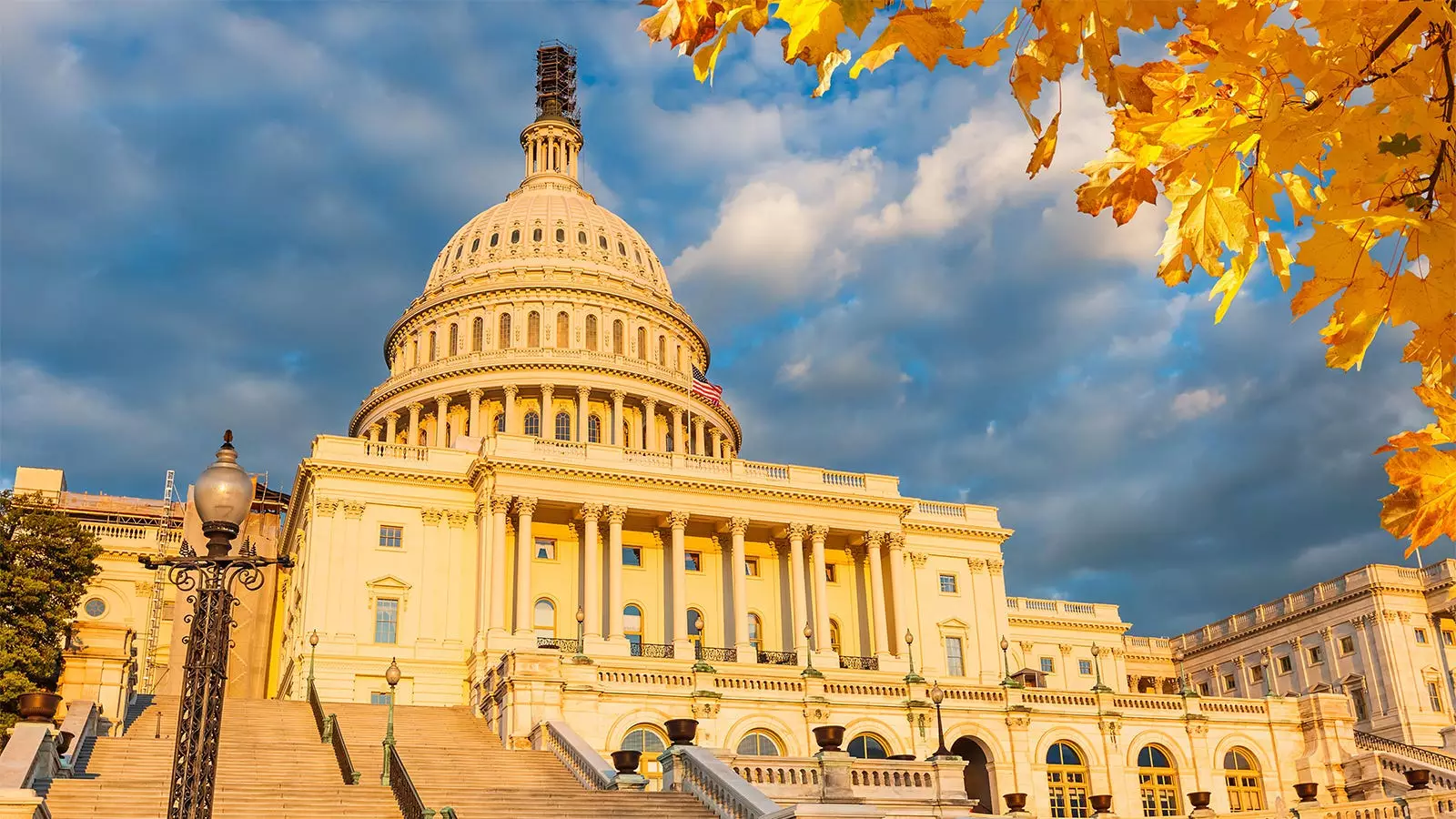In an era where the healthcare landscape faces escalating pressures, members from across the political spectrum in Congress have voiced their concerns regarding cuts proposed to the Medicare Physician Fee Schedule (MPFS). The bipartisan spirit exhibited in a letter signed by 233 House members highlights a growing consensus on the need for immediate action to counteract a detrimental 2.8% reduction set to take effect on January 1, 2025. The signatories, urging House leaders to not only reverse the planned cuts but also to enact preventative legislation, stress that the ongoing financial instability in the healthcare sector compromises the quality of patient care and limits accessibility to affordable healthcare services.
The signatories of the letter, including prominent representatives such as Dr. Mariannette Miller-Meeks (R-Iowa) and Jimmy Panetta (D-Calif.), articulate a compelling argument for improvement in the payment structure for physicians and clinicians. They emphasize the urgency of revisiting the MPFS, which has faced cuts for five consecutive years, significantly impairing the healthcare delivery system. If these cuts were to proceed unchecked, the repercussions could be severe, including limitations on hiring, stalling of necessary technological advancements, and reduced service offerings. As outlined in the correspondence, these trends not only affect healthcare providers but ultimately have ramifications for patient care quality and availability.
The data reveals a troubling reality: Medicare reimbursements have dwindled by a staggering 29% over the past two decades after accounting for the operational expenses required to maintain a practice. As healthcare costs soar, providers are squeezed between rising expenses and decreasing reimbursements. Such financial challenges compel many medical groups to make harsh choices that could further compromise the caliber of patient care. Compliance burdens associated with programs like the Merit-based Incentive Payment System (MIPS) only exacerbate this issue by introducing complexity and high costs without delivering a proportional benefit.
The letter urges Congress to consider inflationary adjustments and to remedy structural inefficiencies within the current MPFS system. Initiating legislative changes that allow for more substantial financial backing for healthcare providers is imperative. Essential suggestions made include an update to the MPFS budget neutrality thresholds and mandated regular reviews of practice expense components. This focus on rationalizing the payment structure could catalyze necessary reforms leading to more equitable and sustainable practices in the healthcare environment.
Healthcare professionals across the nation have rallied in support of efforts to correct the systemic flaws embedded within the Medicare payment system. Dr. Deborah Dyett Desir, president of the American College of Rheumatology, has underscored the severe impacts of ongoing cuts not only on her specialty but on the healthcare system as a whole. Echoing these sentiments, various physician groups are calling on congressional leadership to enact substantial changes that reduce administrative burdens and consider inflation’s impact on healthcare delivery systems.
The American Medical Association (AMA) chimed in, reinforcing the necessity of acknowledging inflationary impacts in their legislative efforts. As AMA president Dr. Bruce Scott articulately stated, the time for comprehensive reform is now. With an impending election and time limited to act, the emphasis lies on fostering cooperation over stagnation or conflict.
The current legislative climate presents a unique opportunity for collaboration amid political division. With bipartisan agreement on the critical need for changes to the MPFS, there exists a foundation upon which to build meaningful reforms. The collective commitment exhibited by House members and the input from healthcare professionals signal a clear and powerful call to action.
As the 118th Congress moves forward, the challenge lies in transforming this initial agreement into substantial legislative outcomes that will reshape the Medicare payment framework. By addressing the system’s inherent flaws, Congress has the potential not only to stabilize the healthcare workforce but also to ensure that patients receive the quality care they deserve. Ultimately, engaging in open dialogue and collaborative problem-solving will be essential in ensuring that the U.S. healthcare system remains robust, accessible, and prepared to meet the public’s needs.


Leave a Reply